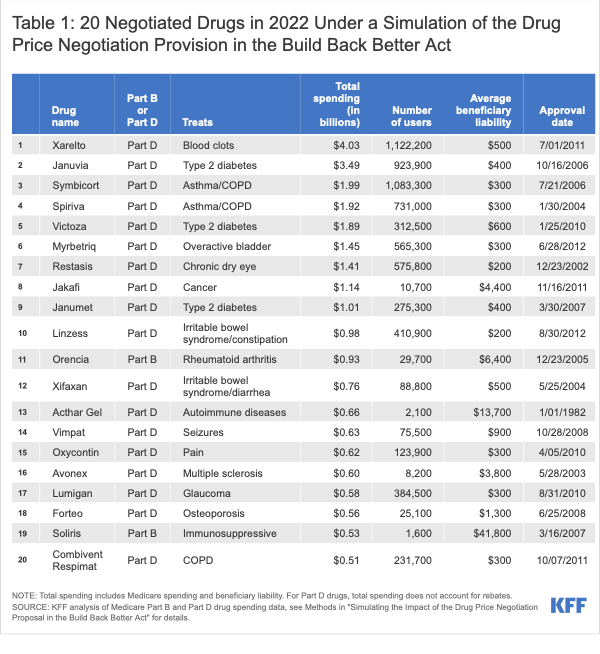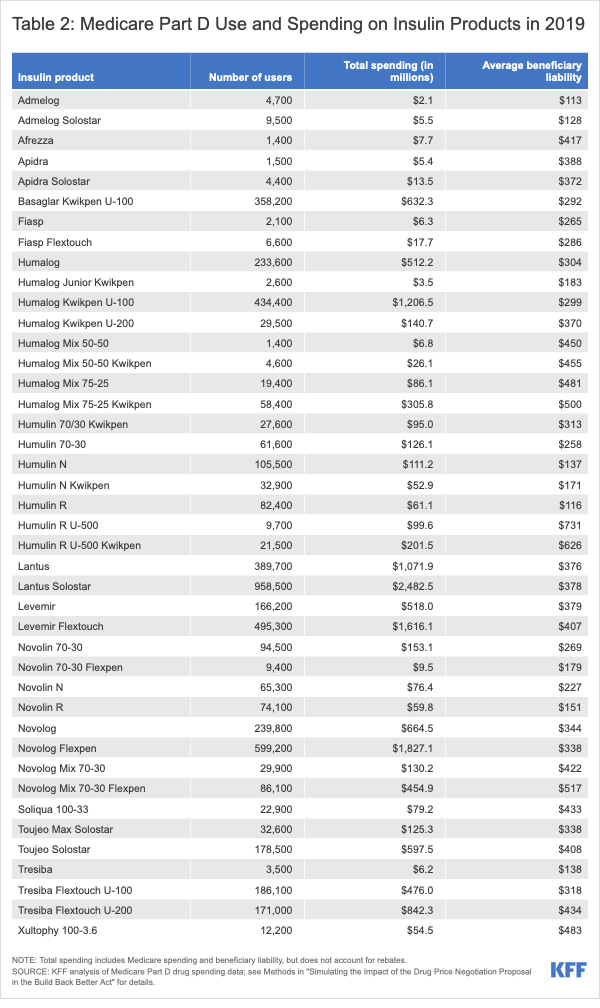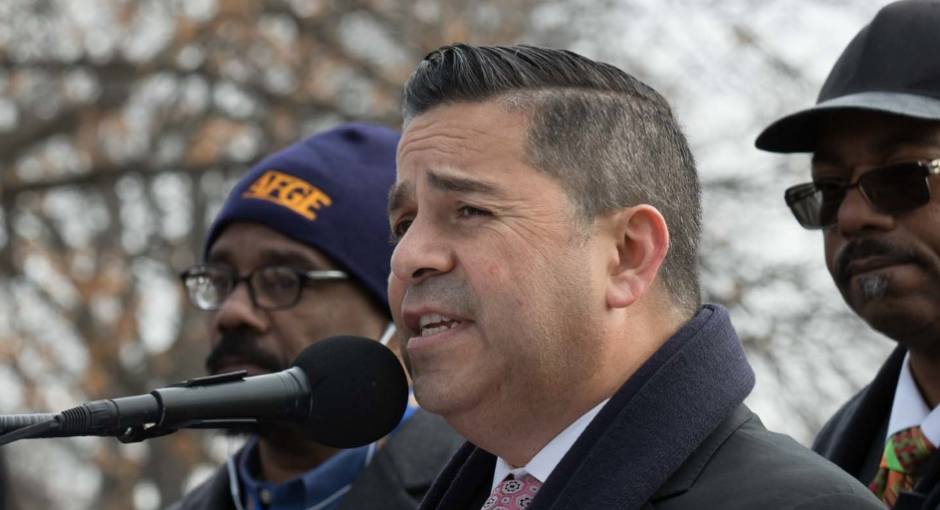Prospects for passage of Democratic drug pricing legislation as part of the Build Back Better (BBB) Act dimmed again last week with news that Sen. Ben Ray Lujan (D-N.M.) had a stroke on Jan 27.
Lujan’s chief of staff said on Feb. 1 that the senator is expected to make a full recovery. A senior Lujan aide told The Atlantic magazine that, barring complications, Lujan could return to work in four to six weeks.
The Senate is evenly divided, with Vice President Kamala Harris (D) holding the tie-breaking vote. Democratic leaders want to pass BBB using a process called budget reconciliation that requires a simple majority vote. Republicans are united in opposition to BBB. With Lujan sidelined, action on BBB is stalled indefinitely.
BBB already was in deep trouble. Sen. Joe Manchin (D-W.Va.) scuttled a vote on it in December. A few days later he suggested that the U.S. Department of Veterans Affairs (VA) be empowered to negotiate drug prices on behalf of Medicare. President Joe Biden in late January said he thought “big chunks” of BBB could be enacted. House Speaker Nancy Pelosi (Calif.) was quoted the next day saying, “What the president calls chunks I would hope would be a major bill.” On Feb. 1, Manchin told reporters that BBB is “dead.”
Biden and Becerra Speaking on Drug Pricing Today
Biden and U.S. Health and Human Services (HHS) Secretary Xavier Becerra are scheduled to deliver remarks today in Culpepper, Va.—located in U.S. Rep. Abigail Spanberger’s (D) congressional district—on the administration’s work to lower health care costs, including prescription drug costs.
During a press briefing yesterday, White House Press Secretary Jen Psaki was asked about Manchin’s BBB-is-dead remark and whether the administration has considered rebranding the bill.
“Look, I think our objective is working with Democrats, Republicans—if they decide they’re for lowering the cost of prescription drugs, they’re welcome to join us in this effort—but to determine how much of the President’s Build Back Better agenda—whatever you call it—can be moved forward,” Psaki said. There is agreement, she said, “on a number of big components, including with Senator Manchin,” on subjects including “allowing Medicare to negotiate the price of prescription drugs, something the President will be going to Virginia tomorrow to talk about. “
BBB’s drug pricing reforms are expected to include letting the government negotiate prices for some Medicare Part B and D drugs and requiring manufacturers to give the government rebates when prices paid by Parts B and D rise faster than the rate of inflation. Groups that represent 340B covered entities have asked Congress to consider how any drug pricing reforms would affect entities’ ability to benefit from 340B discounts.
Kaiser Family Foundation Analysis
The Kaiser Family Foundation released a study on Jan. 27 simulating the impact of BBB’s drug price negotiation proposal.
KFF found that if BBB’s drug pricing component became law immediately, it would target 20 drugs and 42 insulin products used by 8.5 million Medicare beneficiaries and save Medicare $80 billion over a decade.
The KFF analysis focused on Medicare drug spending data for 2019 and assumed full drug negotiation would be permitted this year. It focused on the top 20 drugs in terms of spending that would qualify for negotiation. Total spending on the 20 drugs in 2019 was about $25.6 billion. The total includes Medicare spending and beneficiary liability. For Part D drugs, the total does not account for rebates.
KFF concluded that two Part B and 18 Part D drug products would be subject to negotiation if BBB became law this year. (See table.)

KFF identified 42 insulin products covered under Part D that would be subject to price negotiation (See table.) Total spending on the products in 2019 was about $14.9 billion. The total includes Medicare spending and beneficiary liability but does not account for rebates.



